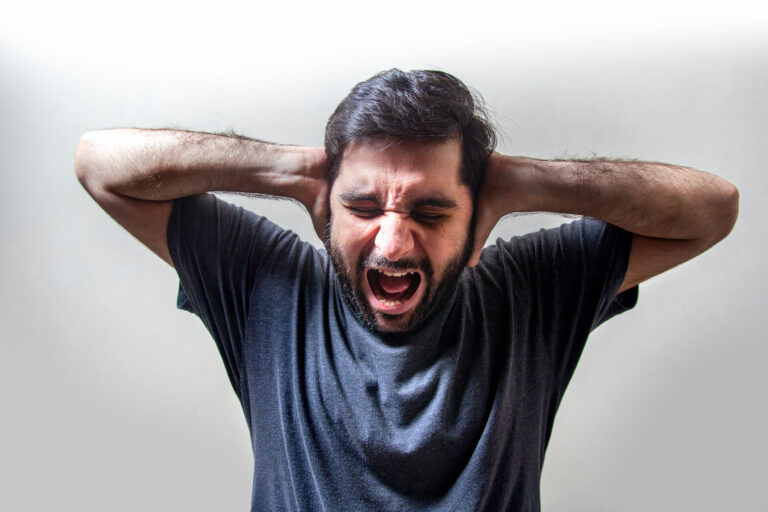Feeling breathless, having a rapid heartbeat, experiencing chest discomfort, and being engulfed by anxiety are common indicators of a panic or anxiety attack, which might lead you to believe you require urgent medical care.
But is that really the case? It varies based on several factors.
Panic attacks aren’t life-threatening. However, their symptoms can closely resemble those of a heart attack or other critical health issues that do need immediate medical assistance.
How can you determine if a visit to the hospital is necessary? Consider asking yourself a few questions.
Is this the first time you’ve felt this way?
If this is your first experience with a panic attack and you’re also having chest pain, it’s important to consult a doctor or go to an emergency room. A medical professional will assess you to rule out serious conditions like a heart attack, pulmonary embolism, or a collapsed lung. Risk factors for heart attacks include high blood pressure, obesity, a family history of heart disease, and smoking.
Have you ever been hospitalized for a panic attack?
If so, you likely underwent various tests such as an electrocardiogram (ECG) and blood work. The results of these tests will clarify if your symptoms stem from a heart issue or a panic attack.
If previous evaluations didn’t reveal any health problems and you’re experiencing similar symptoms now, it’s likely another panic attack. However, if there’s any uncertainty, visiting the hospital is a wise choice.
Although most panic attacks typically resolve in 30 minutes or less, there are steps you can take to calm yourself. If you’re feeling breathless, practicing breathing exercises may help. Find a comfortable position, whether sitting or lying down, then take slow, deep breaths through your nose and exhale gently through your mouth.
Do you have existing heart conditions along with panic attacks?
It’s necessary for you and your physician to discuss the warning signs that suggest you should seek hospital care, as well as how long you should wait before doing so.
If you’re anxious about the possibility of a heart attack, consult a cardiologist about strategies to lower your risk.
Are your symptoms different from past panic attacks?
Perhaps your heart is racing this time, while in the past you struggled with breathlessness. If your chest pain feels more intense and is persistent, it’s advisable to go to the hospital, especially if these symptoms differ significantly from your previous experiences.
If you decide to go to the hospital
At the hospital, healthcare providers may conduct an ECG, blood tests, and a chest X-ray to confirm whether you’re having a heart attack or any other serious medical issue. Additionally, a doctor can prescribe medication to help reduce your anxiety.
If you frequently experience panic attacks, consider speaking to your doctor or a therapist. This could point to the presence of panic disorder. Your physician can assist you in identifying the most effective treatment options.


